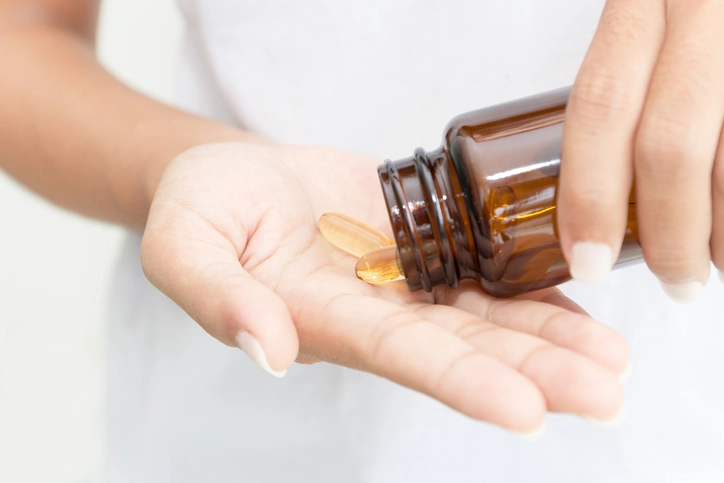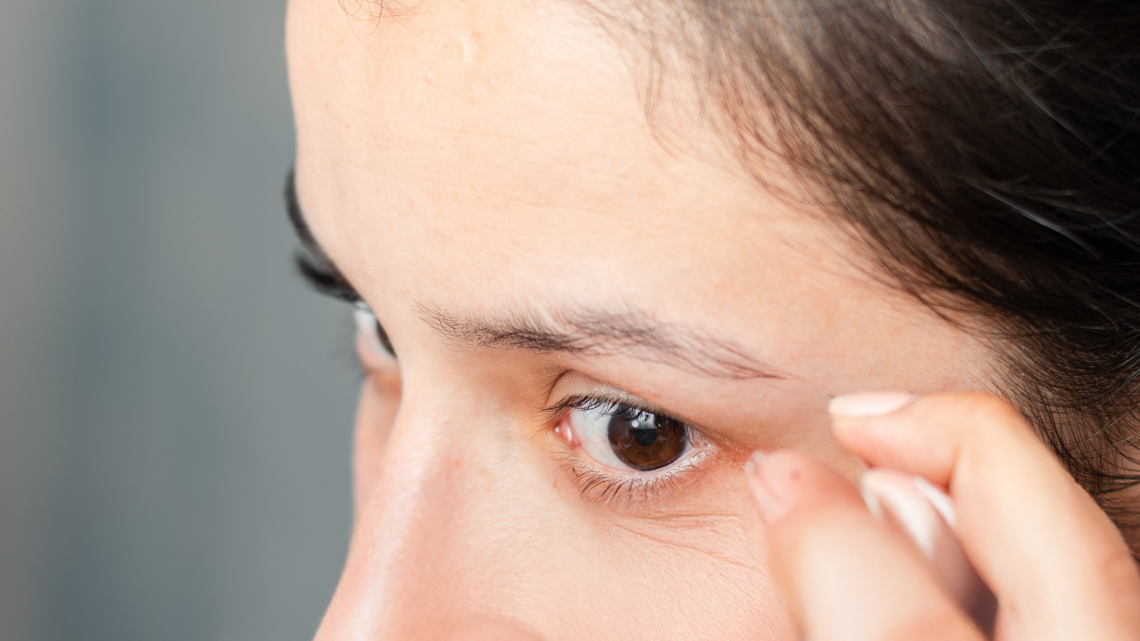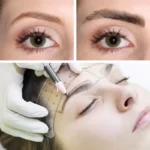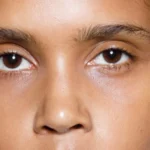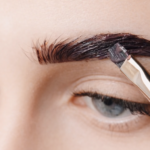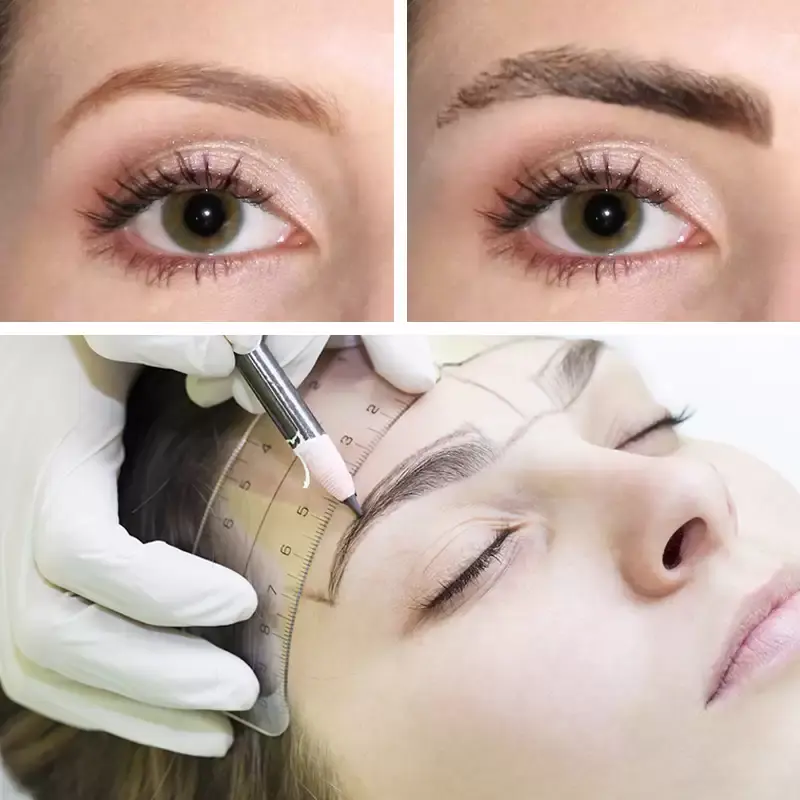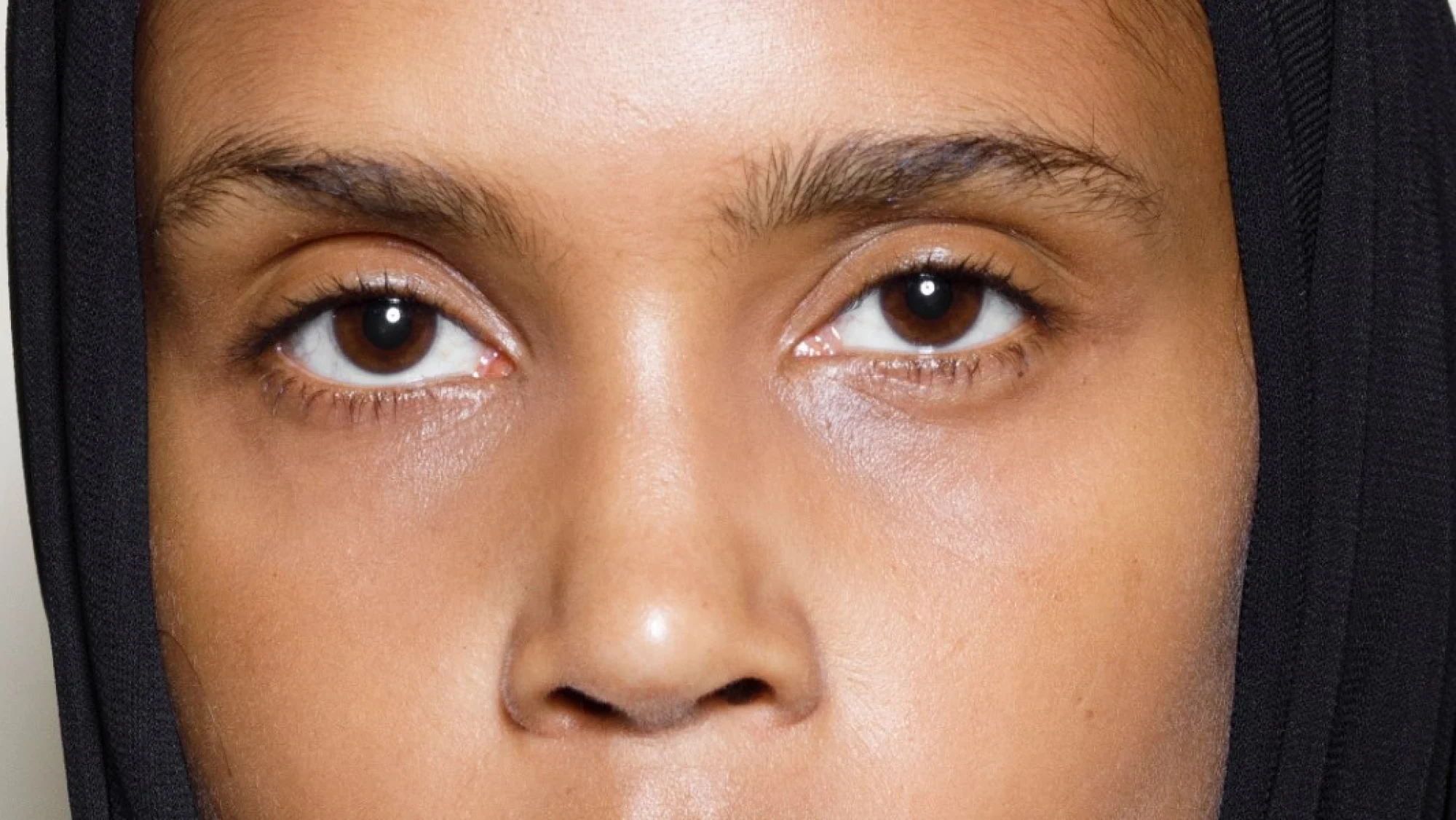Table of Contents
ToggleAt Kopelman Hair, we know hair restoration goes beyond procedures—it includes nutritional support. Many patients ask about the best vitamin D for hair loss, especially when facing thinning or slowed growth. This article explores how vitamin D supports healthy hair and and which vitamin D is best for hair loss based on science and expert guidance.
“In my practice, I’ve seen that addressing low vitamin D can significantly help patients struggling with unexplained hair thinning,” says Dr. Kopelman. “It’s one of the first lab values I recommend checking when evaluating hair loss causes.”
Key Takeaways
- Vitamin D3 supports hair follicle activity and may reduce shedding when deficiency is present.
- Testing 25(OH)D blood levels is essential to confirm deficiency before starting supplements.
- Vitamin D3 is the best vitamin D supplement for hair loss, as it’s more effective than D2 and is best taken daily with food.
- Over-supplementation can lead to toxicity, so intake should not exceed 4,000 IU per day without medical supervision.
- Hair regrowth typically begins within 8 to 12 weeks of correcting vitamin D deficiency.
How Vitamin D Affects Hair Growth
Vitamin D plays a vital role in regulating the growth cycle of hair follicles. Low levels are often linked to excessive shedding or slow regrowth, particularly in cases of telogen effluvium or alopecia areata.
It helps stimulate the hair follicle during the anagen phase (growth phase) and supports immune function, which is essential in inflammatory conditions that contribute to hair loss.
Individuals with low serum vitamin D are more likely to experience hair thinning. Restoring healthy levels may stabilize the scalp and support future growth.
While deficiency isn’t always the cause, correcting it can build a healthier foundation for other treatments—especially under expert care.
Vitamin D is also believed to support hair growth by keeping follicles active and responsive throughout the hair cycle.
How to Know If You’re Low in Vitamin D
Vitamin D deficiency is confirmed through a 25-hydroxyvitamin D (25(OH)D) blood test. A level below 20 ng/mL indicates deficiency; 30–50 ng/mL is considered optimal.
For those with hair loss, knowing your number helps determine if supplementation is necessary. Dr. Kopelman recommends testing before starting high-dose vitamin D.
Best Types of Vitamin D for Hair Health
There are two main types: D2 (ergocalciferol) and D3 (cholecalciferol). Both can raise blood levels, but D3 is more effective and stays longer in the bloodstream.
Common Forms of Vitamin D Supplements
- Softgel capsules
- Liquid drops
- Tablets or chewables
Many prefer liquid drops for better absorption. Combining D3 with zinc or biotin may enhance scalp support and hair thickness.
Vitamin D vs. Other Hair Growth Supplements
Some compare vitamin D3 vs. biotin for hair health. While biotin supports keratin production, vitamin D supports follicle regeneration at a deeper level.
Comparison Table: Vitamin D vs. Other Nutrients
How to Use Vitamin D for Hair
Using vitamin D properly is key. The RDA for adults is 600–800 IU, though some may need more based on labs.
Ways to Get Vitamin D for Hair Health
- Supplements: Most effective in D3 form with food
- Sunlight: 10–20 minutes several times per week
- Diet: Fortified foods, salmon, or egg yolks
Can vitamin D make your hair grow? If deficiency is present, yes. Consistency matters. Including it in your daily vitamin D intake supports natural hair growth.
Many cases of hair loss due to vitamin D deficiency can be reversed with steady and appropriate supplementation.
Can You Take Too Much Vitamin D?
Yes. Excess intake may lead to toxicity. The safe upper limit is 4,000 IU/day.
Symptoms of Overdose
- Nausea and vomiting
- Muscle weakness
- High calcium levels (hypercalcemia)
Avoid megadosing unless supervised by a specialist.
What to Expect: Results and Reversibility
Improvement often begins within 8 to 12 weeks of correcting vitamin D deficiency. Thicker hair may appear over 3 to 6 months.
Is vitamin D hair loss reversible? In many cases, yes—especially with early detection. Tracking progress through photos helps.
FAQs About Vitamin D and Hair
Your Next Step
At Kopelman Hair, we combine scientific knowledge with personalized care. Whether you’re dealing with female pattern hair loss, male pattern baldness, or looking to prevent hair loss, understanding the role of vitamin D as an essential nutrient is key.
Its direct role in hair health makes it an important factor in treating hair concerns and achieving lasting results. Schedule a consultation with Dr. Kopelman today to receive personalized guidance supported by science and proven results.


